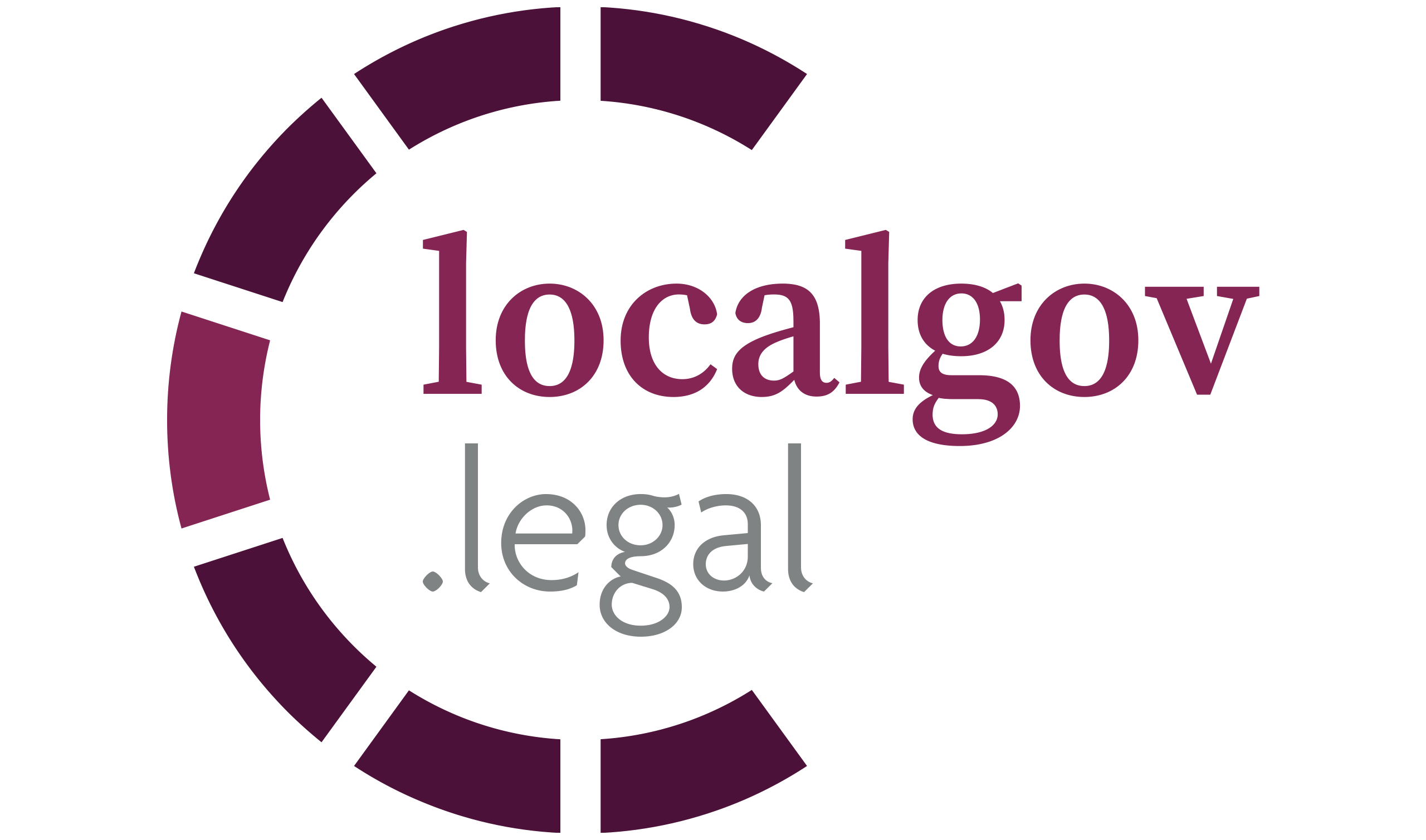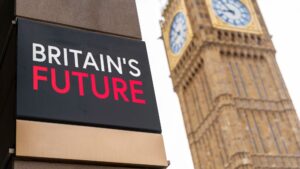Buying a house in the countryside comes with the consequence of being a little isolated from society, however individuals never believed it could jeopardise their accessibility of gas and electricity.
After the government announced plans to ban gas boilers by 2026 in a bid to reach their net-zero targets, new research conducted on behalf of trade association Liquid Gas UK has found that thousands of rural households will not be able to afford electric alternatives.
The results from the poll, which were published this week and surveyed over 1,000 people who live in rural areas, found that 69% of households would be unable to replace their boiler as they would struggle to be connected to the gas grid.
Additionally, the research discovered 58% of households believe the governments 2026 boiler ban is unfair and a further 58% want the plan to be scrapped completely.
Following these statistics, Liquid Gas UK is now calling on the government to rethink their plan and has said that replacing existing heating systems with an electric alternative, such as a heat pump – a device that can heat a building through transferring thermal energy from the outside using a refrigeration cycle – along with necessary energy efficiency retrofitting, would cost between £15,000 – £30,000 for rural homeowners.
Against this backdrop, fuel poverty statistics that were released by the government in February, show households in rural areas were almost 40% more likely to be in fuel poverty than their urban counterparts. As well as this, the data released yesterday by the Office of National Statistics found that inflation levels are failing to decrease, with the prices of food and drink the highest on record in the last 45 years.
George Webb, CEO of Liquid Gas UK, said: ‘Government’s current strategy risks pushing more rural households into fuel poverty. These survey results clearly indicate that an electrification-first approach to decarbonising rural homes is both unaffordable and unfair.
‘Government urgently needs to re-think its 2026 boiler ban for homes not connected to the gas grid and ensure we’re offering rural communities a choice in how they decarbonise, and ultimately, heat their homes.’
‘As an alternative to electric technologies, government should consider the benefits of renewable liquid gases, which are low-carbon and drop-in alternative to LPG, in a mixed energy approach,’ George said. ‘The industry is investing £600m into the domestic production of renewable liquid gases through a range of sustainable feedstocks, with a credible pathway in place to achieve net-zero by 2040.’
Image: KWON JUNHO

















Leave a Reply